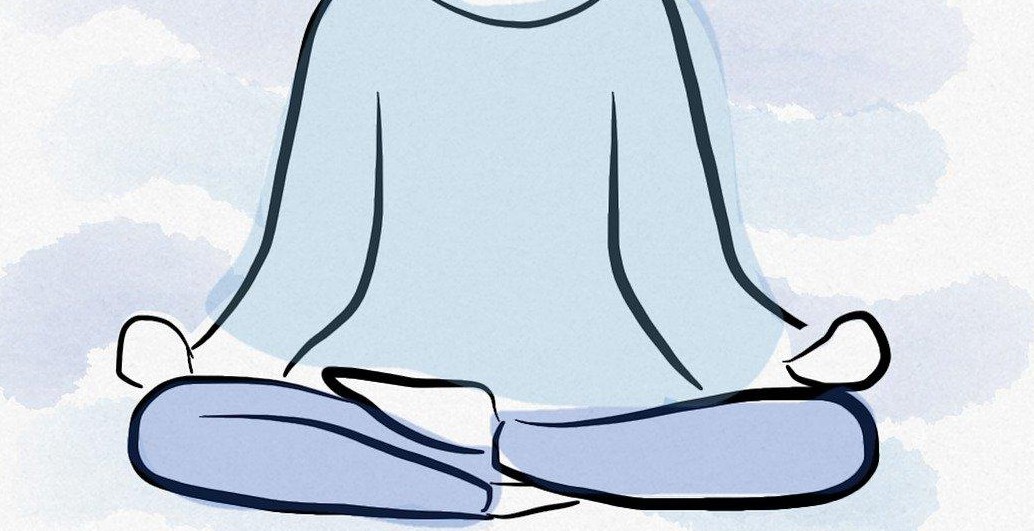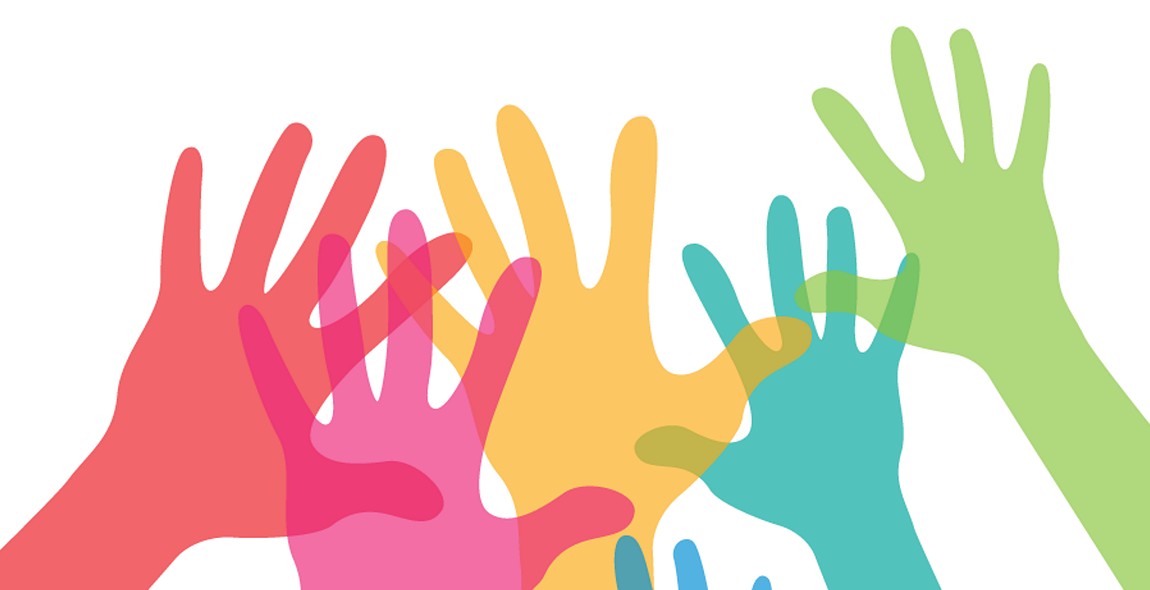Mental Health First Aid: What It Is and Why It’s Important
Mental health issues affect millions of people worldwide, and yet there is still a significant lack of understanding and support for those who are struggling. As someone who has personally dealt with mental health issues, I know firsthand the importance of having access to resources and support.
My Personal Experience with Mental Health Issues
For years, I struggled with anxiety and depression, but I didn’t know how to seek help or even talk about what I was going through. It wasn’t until I hit rock bottom that I finally reached out for help and received the support I desperately needed. Through therapy, medication, and the support of loved ones, I was able to overcome my struggles and regain control of my life.
However, not everyone has access to the same resources and support that helped me. That’s where Mental Health First Aid comes in.
What is Mental Health First Aid?
Mental Health First Aid is a training program that teaches individuals how to identify, understand, and respond to signs of mental illnesses and substance use disorders. The goal is to provide individuals with the tools and knowledge to support someone who may be experiencing a mental health crisis or developing a mental health problem.
In the following sections, we will take a closer look at the importance of Mental Health First Aid and how it can benefit individuals, organizations, and communities.

What is Mental Health First Aid?
Mental Health First Aid is a training program designed to equip individuals with the knowledge and skills necessary to provide initial help to someone experiencing a mental health crisis or developing a mental health problem. The program is based on the principle that mental health is just as important as physical health, and that early intervention and support can significantly improve outcomes for individuals experiencing mental health difficulties.
Goals
The goals of Mental Health First Aid are to:
- Increase mental health literacy and reduce stigma surrounding mental illness
- Provide individuals with the skills to recognize the signs and symptoms of mental health problems
- Offer guidance on how to provide initial help and support to individuals experiencing a mental health crisis or developing a mental health problem
- Encourage individuals to seek professional support as needed
History of Mental Health First Aid
The Mental Health First Aid program was developed in Australia in 2001 by Betty Kitchener and Professor Tony Jorm. Since then, the program has expanded to over 24 countries worldwide, including the United States, Canada, and the United Kingdom.
In the United States, Mental Health First Aid was introduced in 2008 and is now managed by the National Council for Behavioral Health. The program has trained over 2 million individuals in the United States alone and has been endorsed by numerous organizations, including the World Health Organization and the American Psychiatric Association.
Who Can Benefit from Mental Health First Aid?
Mental Health First Aid is beneficial for anyone who wants to learn how to provide initial help and support to someone experiencing a mental health crisis or developing a mental health problem. This includes:
- Family members and caregivers of individuals with mental health problems
- Teachers and school administrators
- Healthcare professionals
- First responders and emergency personnel
- Employers and human resources professionals
- Community leaders and volunteers
By increasing mental health literacy and providing individuals with the skills to recognize and respond to mental health problems, Mental Health First Aid can help create a more supportive and compassionate society for all individuals.

Why is Mental Health First Aid Important?
Mental health issues are often stigmatized and misunderstood, which can prevent individuals from seeking the help they need. This stigma can lead to feelings of shame and isolation, making it even more difficult for individuals to reach out for support. However, with early intervention and proper care, individuals with mental health issues can lead fulfilling and productive lives.
Mental Health Stigma
Mental health stigma can take many forms, from societal attitudes and beliefs to discrimination in the workplace or healthcare system. This stigma can make individuals feel ashamed or embarrassed about their mental health issues, preventing them from seeking help when they need it most. Mental health first aid aims to break down these barriers by educating individuals on how to recognize and address mental health issues with compassion and understanding.
The Impact of Mental Health Issues
Mental health issues can have a profound impact on an individual’s quality of life, affecting their relationships, work, and overall well-being. Left untreated, mental health issues can worsen over time, leading to more severe symptoms and even suicide. Mental health first aid can help individuals recognize the signs and symptoms of mental health issues, empowering them to seek help and support when needed.
The Importance of Early Intervention
Early intervention is key when it comes to mental health issues. The sooner an individual receives proper care and support, the better their chances of recovery and leading a fulfilling life. Mental health first aid provides individuals with the tools and resources they need to identify mental health issues early on and connect with the appropriate resources for care.
Overall, mental health first aid is crucial for breaking down the stigma surrounding mental health issues and providing individuals with the support and resources they need to lead healthy and fulfilling lives.

What Are the Components of Mental Health First Aid?
Mental Health First Aid is an evidence-based program designed to help individuals provide initial support to someone who may be experiencing a mental health crisis. The program is based on five key components, including:
Assessing for Risk of Suicide or Harm
The first step in providing mental health first aid is to assess the individual for any immediate risk of harm or suicide. This involves asking direct questions about their thoughts and intentions, and taking appropriate action to ensure their safety.
Listening Non-Judgmentally
Listening without judgment is a critical component of mental health first aid. This involves actively listening to the individual’s concerns and feelings, without offering advice or opinions. It is important to validate their emotions and let them know that they are being heard.
Giving Reassurance and Information
Providing reassurance and information is the next step in mental health first aid. This involves letting the individual know that they are not alone, and that help is available. It is important to provide accurate information about mental health conditions and available resources.
Encouraging Appropriate Professional Help
Encouraging the individual to seek professional help is a key component of mental health first aid. This may involve providing information about mental health professionals or resources in the community. It is important to encourage the individual to seek help that is appropriate for their specific needs.
Encouraging Self-Help and Other Support Strategies
Encouraging self-help and other support strategies is the final component of mental health first aid. This may involve providing information about self-help resources, such as support groups or online resources. It is important to encourage the individual to take an active role in their own recovery.
| Component | Description |
|---|---|
| Assessing for Risk of Suicide or Harm | Assessing the individual for any immediate risk of harm or suicide |
| Listening Non-Judgmentally | Actively listening to the individual’s concerns and feelings without judgment |
| Giving Reassurance and Information | Providing reassurance and accurate information about mental health conditions and available resources |
| Encouraging Appropriate Professional Help | Encouraging the individual to seek professional help that is appropriate for their specific needs |
| Encouraging Self-Help and Other Support Strategies | Encouraging the individual to take an active role in their own recovery and providing information about self-help resources |
How to Get Trained in Mental Health First Aid
If you are interested in getting trained in mental health first aid, there are several options available to you. Here are some steps to help you find and choose the right training program:
Finding a Training Program
The first step is to find a training program that fits your needs. Mental Health First Aid USA offers a variety of training options, including in-person and online courses. You can visit their website to find a training program near you.
You can also check with local mental health organizations, hospitals, and community centers to see if they offer mental health first aid training. Some employers may also provide this training to their employees.
Choosing the Right Training Program
When choosing a mental health first aid training program, consider the following:
- Format: Do you prefer in-person or online training? In-person training may offer more opportunities for hands-on practice, while online training may be more convenient for those with busy schedules.
- Duration: How long is the training program? Some programs may be as short as a few hours, while others may require multiple days of training.
- Cost: How much does the training program cost? Some programs may be free, while others may charge a fee for materials or certification.
- Certification: Does the training program provide certification upon completion? Some employers may require certification in mental health first aid.
- Content: What topics are covered in the training program? Make sure the program covers the skills and knowledge you are looking to gain.
By considering these factors, you can choose a mental health first aid training program that best fits your needs and preferences.
Conclusion
As someone who has struggled with mental health issues in the past, I cannot stress enough how important it is to have access to mental health first aid. It can truly make a difference in someone’s life, and even save it.
In this article, we’ve explored what mental health first aid is, why it’s important, and how it works. We’ve also discussed how to become certified in mental health first aid and where to find resources for further education and support.
Remember:
Anyone can experience a mental health crisis, and it’s important to be prepared to support those around us. Mental health first aid is not just for professionals, but for anyone who wants to make a difference in their community.
Final Thoughts
Mental health first aid is a crucial tool in creating a more compassionate and understanding society. By taking the time to educate ourselves and others, we can break down the stigma surrounding mental health and create a world where everyone feels seen and heard.
| Resources: | Mental Health First Aid |
| National Alliance on Mental Illness | |
| Substance Abuse and Mental Health Services Administration |
Remember, you are not alone. Seek help if you need it, and don’t be afraid to reach out to those around you. Together, we can create a world where mental health is a priority and everyone has access to the support they need.
